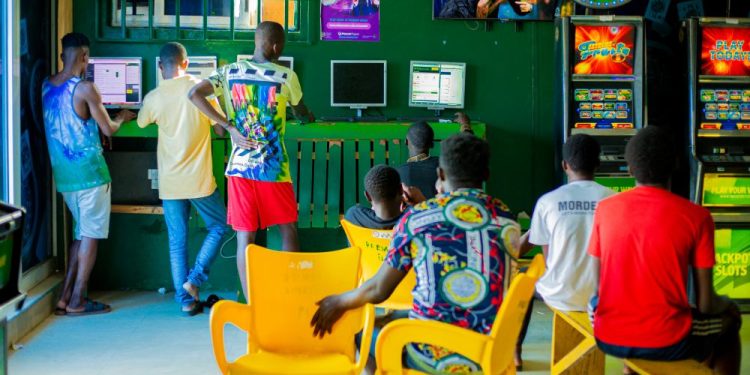Ghana’s gambling industry has changed rapidly in recent years. What used to be a niche market tied to local kiosks and betting centres has now moved online. Sports betting in particular has become part of everyday life for many, driven by mobile phones, internet access, and the country’s deep-rooted football culture.
From Street Corners to Smartphones
Ten years ago, most people placed their bets by walking into small shops. Today, all you need is a phone and some mobile data. The shift did not happen overnight, but once it started, it picked up speed. Now, you can place bets in the middle of a conversation or on your way to work. For a lot of young Ghanaians, especially football fans, apps like Betway’s sports betting Zambia are just another part of their phone routine.
The Numbers Keep Climbing
The growth is not just visible. It is measurable. A few years ago, there were only about a dozen licensed betting companies in the country. Now, that number is over 30. In 2019, the online gambling industry made around $27 million. More than half of that came from sports betting.
By 2024, experts expect the total to hit 57 million. Some even predict it will go past $900 million across the entire gambling sector by next year.
That kind of jump does not happen in a vacuum. It is tied to how easy betting has become. The apps are fast. Payments are simple. And the odds often look tempting enough to turn a small bet into a big win. Or at least, that is the hope.
Who Is Placing the Bets
A survey from 2022 showed that over 40% of people in Ghana had placed a sports bet in the past year. That is a huge chunk of the population. Many are young, some are students, and quite a few are doing it regularly. Football is the main attraction. European leagues, especially the English Premier League, dominate. But local matches get attention too.
Advertising Everywhere
Betting brands are no longer on the sidelines. They are front and centre, sponsoring football clubs, taking over radio ads, and appearing across social media. You see their names on jerseys, on billboards, even in music videos. The business of betting has become part of the mainstream.
Big Money, Big Questions
The government knows there is serious money in this. The Ghana Revenue Authority hopes to collect a billion cedis each year from gambling-related taxes. In 2023, a new rule added a 10 percent tax on all betting and lottery winnings. It was not exactly popular, but it is here. Meanwhile, betting companies are spending around 200 million cedis a year on advertising alone.
Not Without Risks
But growth like this brings problems, too. More young people are betting, sometimes recklessly. Stories of financial struggles, debts, and missed school fees are becoming more common. Regulators are now looking into stricter rules. Some want to ban betting centres near schools. Others are calling for better age checks and limits on how much people can bet.
What Comes Next
Ghana’s gambling boom is far from over. If anything, it is just getting started. But how the country handles the challenges will matter just as much as the profits. Done right, the industry could provide jobs, entertainment, and revenue. Done wrong, it could leave too many people behind. For now, all eyes are on the next move. From the regulators. From the companies. And from the bettors themselves.
Sompaonline.com

